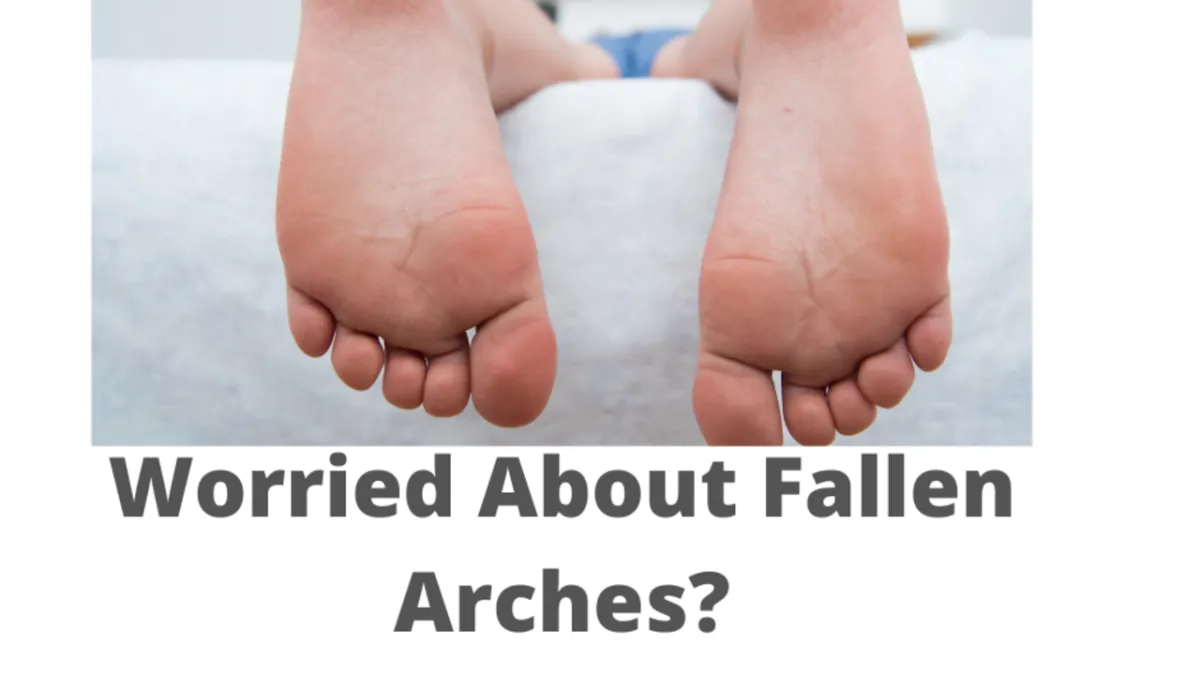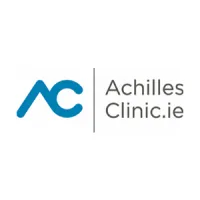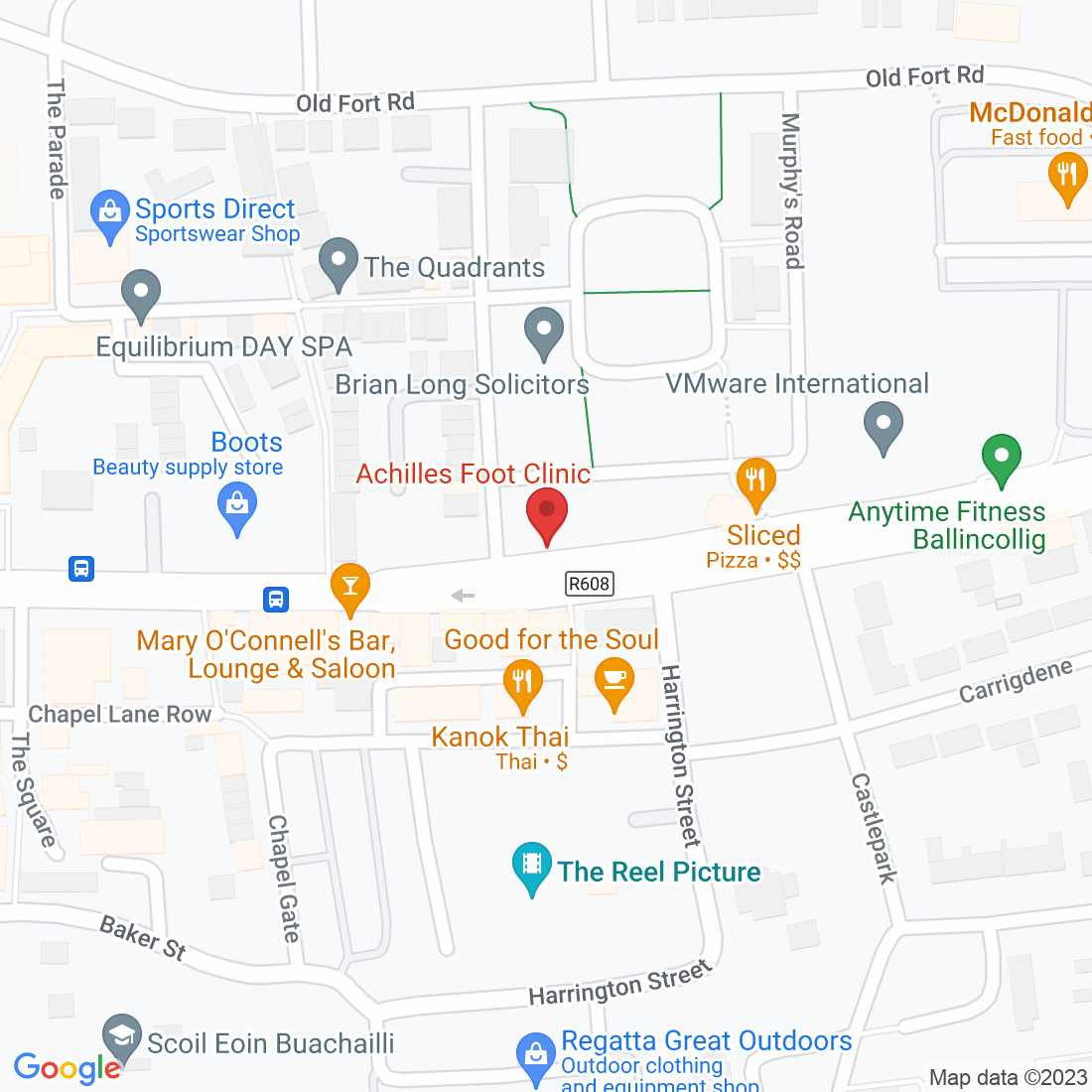
We have all been there, neglected a niggle in our foot and told ourselves that it would probably go away. Weeks have passed, even months, and it’s only getting worse. Then finally, when we are hobbling around barely able to walk, we decide to seek help…
Well, at Achilles Foot Clinic, we are here to help you.

Fallen Arches? Here's Everything You Need To Know
What Are Fallen Arches?
Flat feet are a usually painless condition where the arches on the inside of your feet are completely collapsed arches so that the entire sole of your feet touch the floor when standing.
Flat feet can develop after an injury to the foot, such as a ligament, tendon or muscle tear, or as a result of arthritis or they may develop because the condition runs in the family.
People with flat feet can often complain of their feet rolling inwards when walking or a feeling of their foot collapsing.
Flat feet can cause a whole load of symptoms, from experiencing pain in the foot, heels, arch, calves, the shin, the knee, the hip and into the lower back or they may find it hard to stand on their tippy toes.
What Are The Symptoms Of Fallen Arches?
The most common symptom of flat feet is pain in the feet. This can occur as a result of strained muscles and connecting ligaments.
Abnormal stresses on the knee and hip may result in pain in these joints. These stresses are likely if the ankles turn inward.
Pain most commonly affects the following parts of the body:
inside ankle, alongside possible swelling of:
arch of the foot
calf
knee
hip
lower back
lower legs
One or both feet may also feel stiff.
Flat feet can also cause an uneven distribution of body weight. This may result in shoes wearing down unevenly or more quickly than usual, especially on one side, which can lead to further injuries.
Causes
Common causes of flat feet include:
genetic factors, as flat feet can pass from parents to children in the genes
weak arches, meaning that the arch is visible when a person sits but the foot flattens onto the ground when they stand
foot or ankle injury
arthritis of rheumatoid arthritis
damage, dysfunction, or rupture of the posterior tibial tendon
nervous system or muscle diseases, such as cerebral palsy, muscular dystrophy, or spina bifida
People are more likely to develop flat feet if they have obesity or diabetes. Flat feet are also more common during pregnancy.
Flat feet can develop with age too. Daily use of the feet can cause the posterior tibial tendon to weaken. This tendon is the primary support structure for the foot arch.
Diagnosis
Anyone with the following symptoms should seek advice from a podiatrist:
flat feet that have only developed recently.
pain in the feet, ankles, or lower limbs.
symptoms that do not improve with supportive, well-fitted shoes.
one or both feet becoming more flat
the feet feeling rigid, stiff, and heavy
How do I know If I need Treatment?
In some cases, your Podiatrist would check your foot mechanics. If your foot mechanics are actually functioning normally, then you may not need extensive treatment. We all have different faces! So, we all should have different feet. Some arches are really high and some are really low BUT, if the foot is functioning in an optimal way. Then treatment may not be needed. Speak to a Podiatrist to determine if your foot mechanics are reaching their potential.
What Treatment Is Available For Fallen Arches?
The treatment is simple for flat feet. We will carry out a biomechanical assessment and assess your full history, often alongside a Gait Analysis to give us an idea of how the foot is compensating.
What will treatment achieve?
We would be aiming to:
Control how the foot hits the ground
Support the middle of the foot and prevent the arch collapsing
Promote normal movement in the front of the foot
The ability to do this will be dictated by the movement within the foot to start with.
Treatment for all the above problems are often combined with manual therapy in order to help develop a stretching and strengthening programme in order to allow normal function when your orthotics have been prescribed.
In 95% of cases, orthotics will reduce symptoms by at least 85%. We will work with the other 5% to get them to this level.
If you are worried about fallen arches or have any questions then just simply give us a call and one of our highly qualified team will help you.
Timesquare, Ballincollig - 0212021001
Or
Fill Out The Form Below And One Of Our Team Will Call You
Ask Lorcan And His Team
Fill in the form to request a Call From Our Team
Fill in the form to request a Call From Our Team
One of our team will call you for FREE and answer any questions or concerns you may have about Bunions.
One of our team will call you for FREE and answer any questions or concerns you may have about your uncomfortable Bunions.








